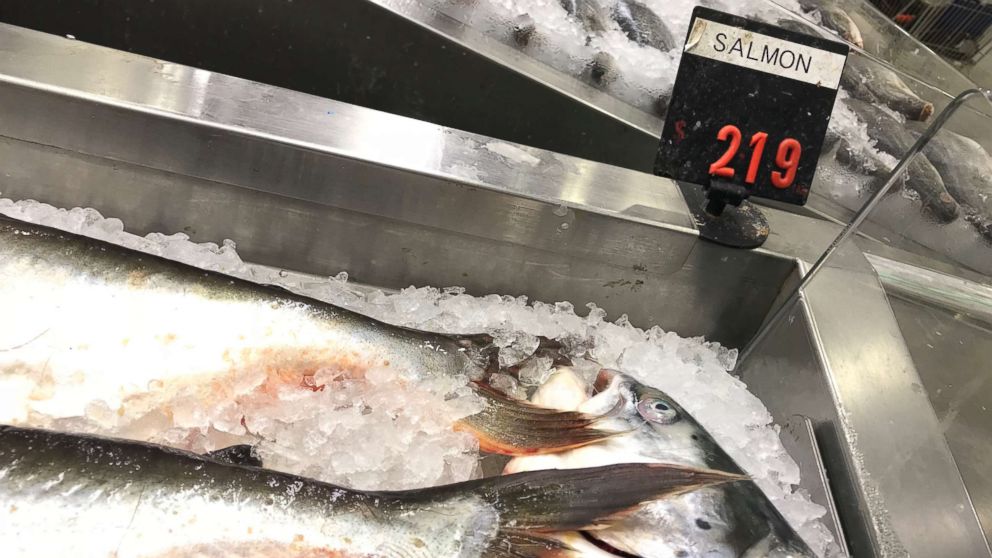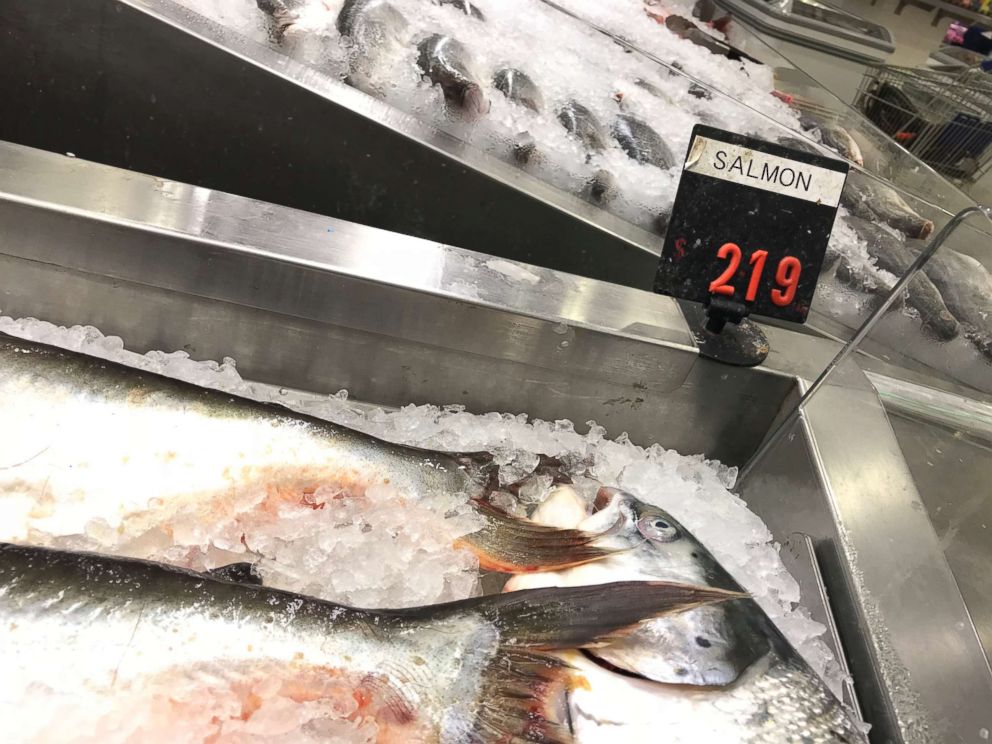Is that fish the fish you think it is? Investigation finds widespread mislabeling at the seafood counter
The New York attorney general found almost 27 percent of fish was mislabeled.

The New York Attorney General is out with a new investigation that found more than a quarter of fish bought in New York supermarkets is labeled as a different kind of fish. It's a trend that could indicate negligent marketing or even fraud.
Investigators from the attorney general's office tested 29 different supermarket brands from 155 different stores over the last year. They found 26.92 percent of the samples were mislabeled. For example, farm-raised salmon that was being sold as "wild caught." The DNA of fish purchased by investigators was tested by the Ocean Genome Legacy Center at Northeastern University and compared to the label.
The report found that consumers could be paying more for mislabeled types of fish or could be buying a product that is less sustainable than they think. The report also found that for some types of fish -- lemon sole, red snapper and grouper -- shoppers were more likely to get a different kind of fish than what they thought they were buying. Customers that bought wild-caught salmon paid an average of 34 percent more but often received farm-raised salmon instead.
“It’s clear that seafood fraud isn’t just a fluke -- it’s rampant across New York,” Attorney General Barbara Underwood said in a statement. “Supermarkets are the last line of defense before a phony fish ends up as family dinner, and they have a duty to do more.

Five of 12 supermarket chains also had higher rates of mislabeling and are under further investigation.
The conservation group Oceana published a similar report in 2013 that found about a third of seafood sold around the country is mislabeled. The group said seafood fraud can support illegal fishing operations and undermine consumers' efforts to buy more sustainable types of fish or have correct information about where the fish came from.
The report provides several recommendations for retailers to prevent fraud or negligence but also tells consumers to beware of prices that seem too good to be true. Oceana recommends shoppers ask questions about the source of fish at the supermarket and consider purchasing whole fish when possible. The group also recommends researching local sustainable seafood and what types of fish contain high levels of mercury or other contaminants.
The National Oceanic and Atmospheric Administration provides information on sustainable seafood at fishwatch.gov.




